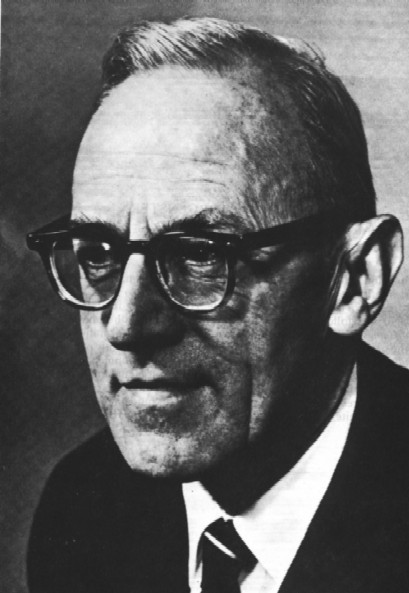| Profile | Major Works | Resources |
Oskar Morgenstern, 1902-1977.


Oskar Morgenstern was groomed in the Austrian
tradition, but was considerably less dogmatic in his tastes. Succeeding Hayek in 1931 as director of the Austrian Institute for Business
Cycle research, Morgenstern's research interests were not in the Hayekian monetary
overinvestment theory, but rather in speculation and economic prediction (the subject of
his 1928 habilitation thesis). A professor at the University of Vienna in 1935,
Morgenstern was also an active participant in Karl Menger's Vienna Colloquium and employed Abraham Wald
in his institute. He was also one of the great critics of the Austrian theory of capital, helping to bury
the notion of the "average period of production".
Morgenstern's 1935 article on the difficulties of perfect foresight, which stemmed partly from his Austrian training, and the greater generality of "strategic behavior" over "robinson-crusoe", price-taking behavior, led the mathematician Edward Cech to put him in touch with John von Neumann's 1928 article on games. After Morgenstern was dismissed by the Nazis in 1938, he moved on to Princeton, where he finally met von Neumann. Together, Morgenstern and John von Neumann wrote their famous treatise on the theory of games (1944), which not only launched game theory but also the theory of choice under uncertainty. Morgenstern provided much of the economic analysis in that book.
Morgenstern continued working on a variety of themes, notably a reworking of the von Neumann multi-sector growth model (with Kemeny and Thompson, 1956, 1976), on national defense (1959), on economic data (1950) and on finance, notably the testing of the emerging random walk hypothesis (with Granger, 1970).
|
Major works of Oskar Morgenstern
|
HET
|
|
Resource on Oskar Morgenstern
|
All rights reserved, Gonçalo L. Fonseca
